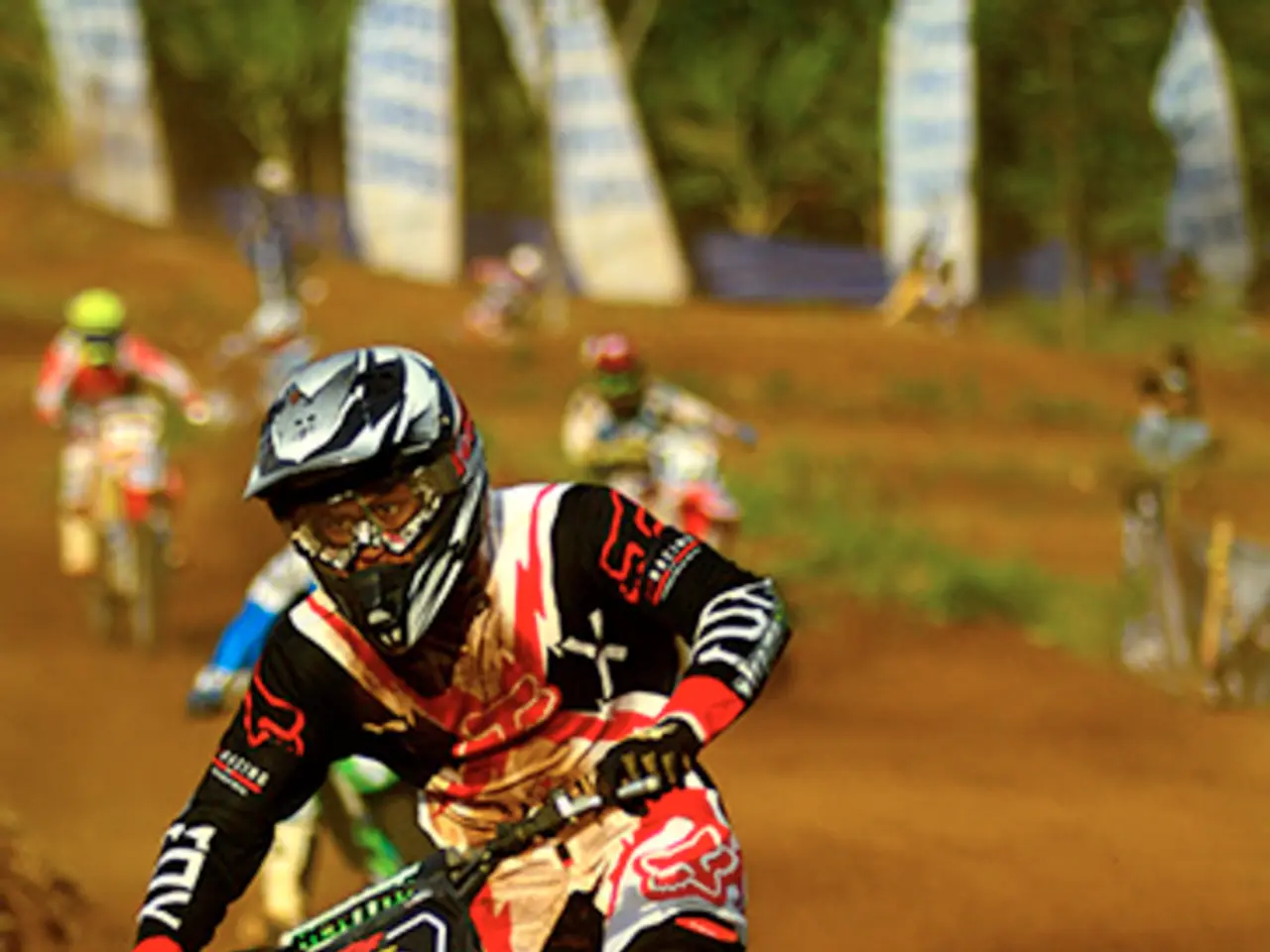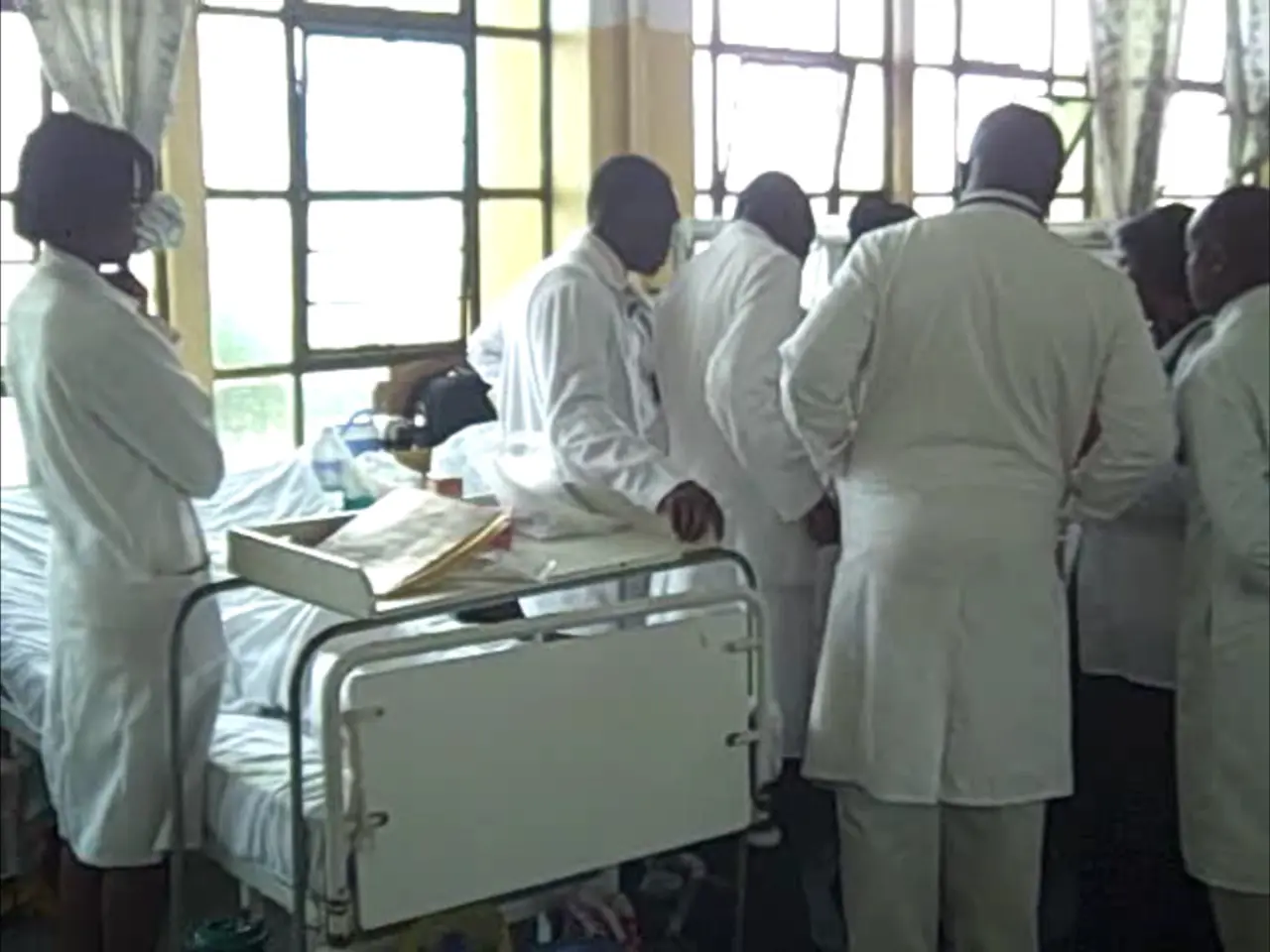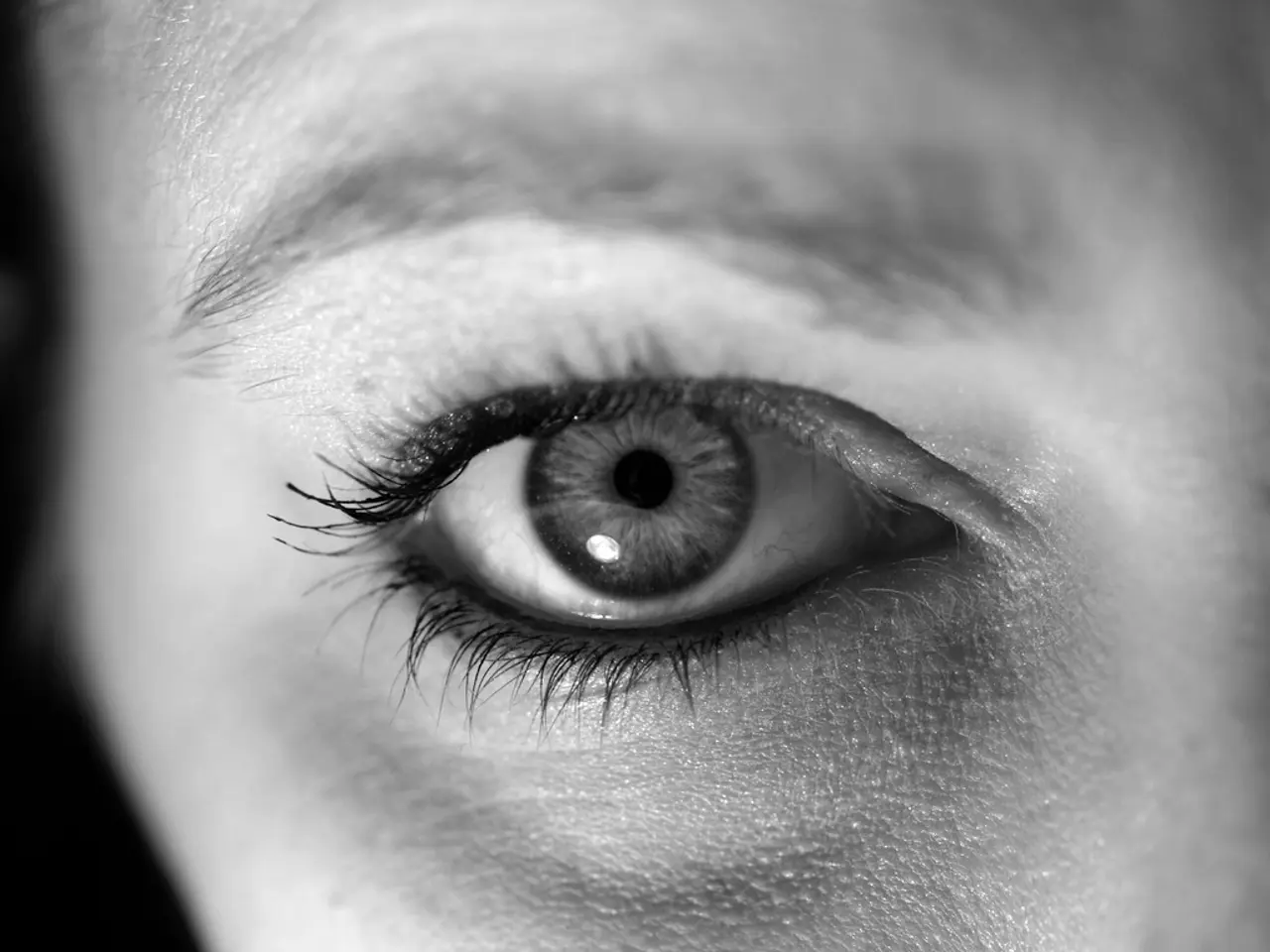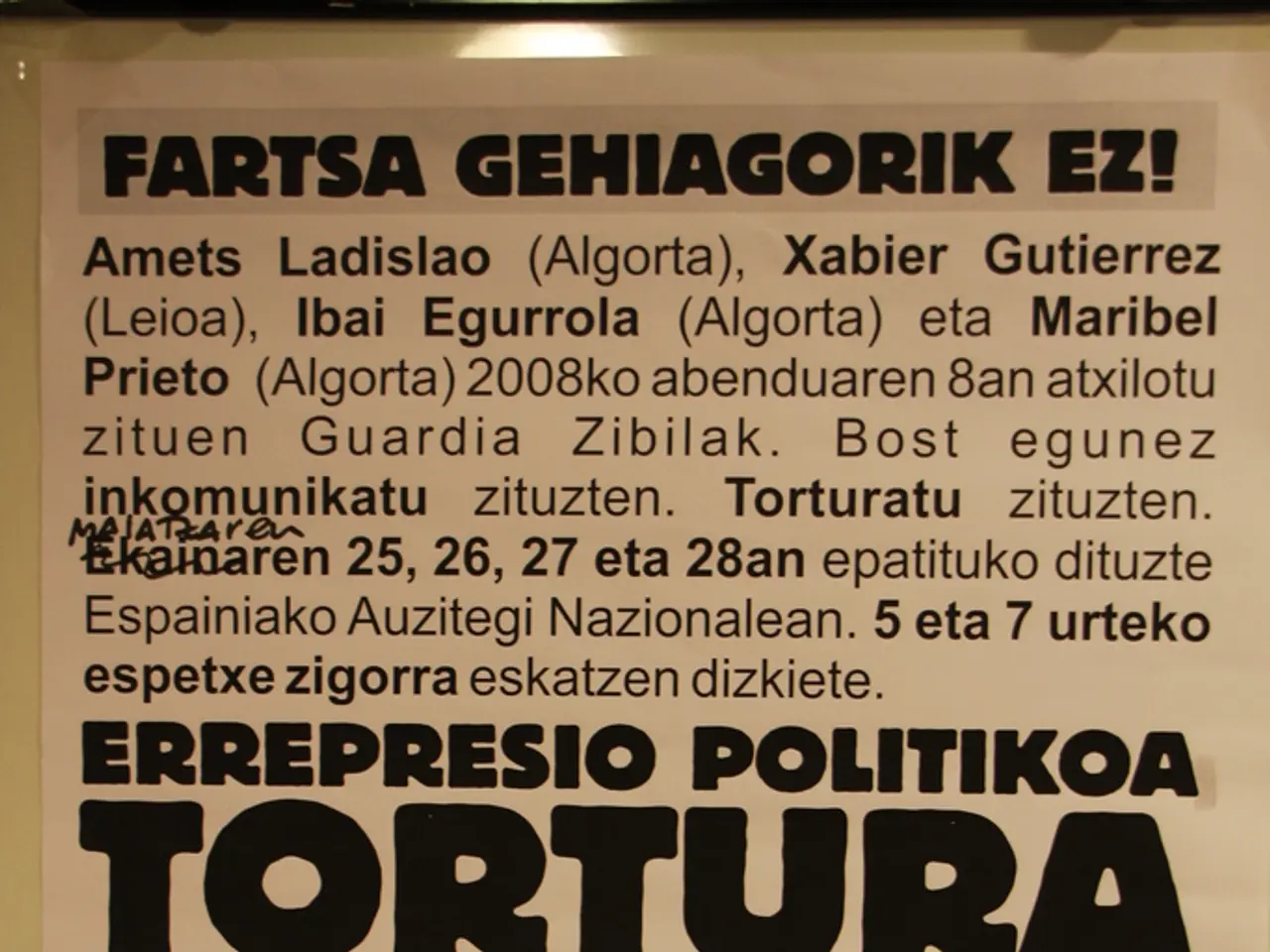Lipowitz deliberates on doping controversies, asserting that cycling is extensively regulated
In an interview with "Bild am Sonntag" and a recent appearance in the ARD documentary "Secret Doping: In the Draft," 24-year-old German cycling hopeful Florian Lipowitz has expressed his confidence in maintaining a clean performance throughout his career. Despite a history of doping scandals in the sport, Lipowitz believes that cycling is the most controlled and regulated sport, adhering to all rules and regulations.
Lipowitz's comments come amidst ongoing concerns about the limits of human performance in cycling, with French sports scientist Pierre Sallet stating that there are grey areas in the sport, which eventually turn black and amount to 100% doping. However, Lipowitz remains unfazed, focusing on giving his best and training hard, including going to altitude to improve his fitness levels.
The current doping regulations in cycling are comprehensive, involving rigorous testing before and during competitions, continuous biological monitoring, and strict adherence to World Anti-Doping Agency (WADA) guidelines, enforced by cycling authorities like the UCI (Union Cycliste Internationale) and national anti-doping agencies. Tests in Lipowitz's case have consistently come back negative, suggesting compliance with the rules.
One of the strongest weapons against doping is the Athlete Biological Passport (ABP), a program that tracks biological markers over time to detect the effects of doping rather than the substance itself. This has been critical in catching cheats in cycling's history of doping scandals.
Cycling employs both in-competition and out-of-competition testing. At major events such as the Tour de France, around 350 out-of-competition tests are conducted in the month leading up to the race, and about 600 samples are taken during the race itself. Testing methods include blood and urine samples, with newer techniques like dried blood spot (DBS) tests being piloted and increasingly adopted; DBS is less invasive and faster, though still being validated for substances like EPO.
Despite the advances in human and machine technology, suspicions persist in cycling, especially given the astonishing speed records set each year. However, Lipowitz advises against overthinking what others are doing, instead choosing to focus on his own performance and adherence to the rules.
The UCI continually updates regulations to maintain fairness and safety, not only regarding doping but also equipment and safety measures to prevent unfair advantages and risks. Though changes in equipment rules are separate, the spirit of maintaining clean and fair competition is consistent across the board.
In summary, the current doping regulations in cycling are comprehensive, involving rigorous testing before and during competitions, continuous biological monitoring, and strict adherence to WADA guidelines, enforced by UCI and national agencies. New testing methodologies like DBS are being integrated to improve detection and deterrence in the sport. Lipowitz's clean record and commitment to the sport serve as a testament to the ongoing efforts to maintain fair competition in cycling.
In the face of ongoing concerns about doping in cycling, Florian Lipowitz, a 24-year-old cycling hopeful, reiterates his commitment to maintaining a clean performance throughout his career. Despite the grey areas pointed out by French sports scientist Pierre Sallet, Lipowitz trusts in the comprehensive doping regulations in cycling, which include rigorous testing, continuous biological monitoring, and the Athlete Biological Passport (ABP) program.




